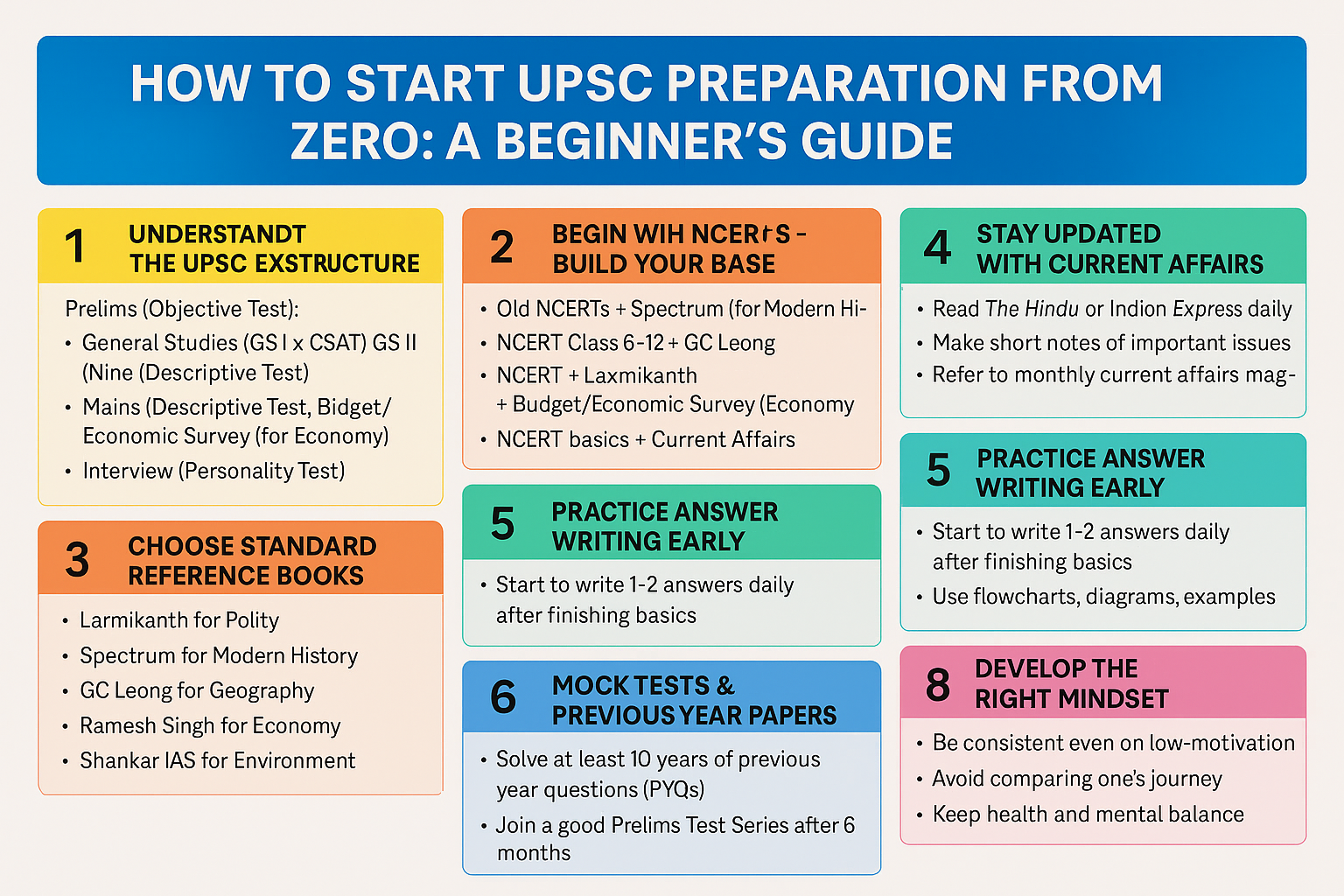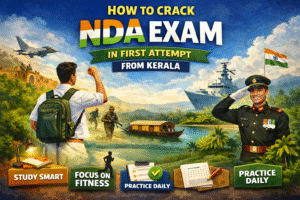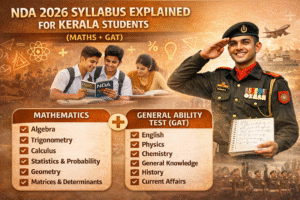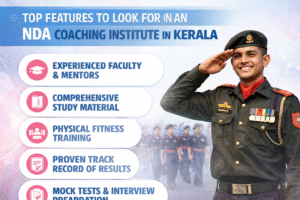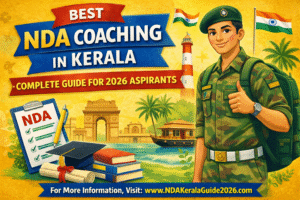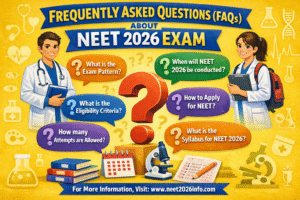Cracking the UPSC Civil Services Examination (CSE) is the dream of lakhs of aspirants who wish to serve the nation as IAS, IPS, IFS, or IRS officers. However, the journey is challenging, especially for beginners who are starting from zero. The exam demands patience, consistency, and the right strategy.
If you are wondering “How to start UPSC preparation from zero?”, this step-by-step beginner’s guide will help you build a strong foundation and set you on the right path.
Step 1: Understand the UPSC Exam Structure
Before you dive into books and study plans, you must know what the exam is all about. The UPSC CSE is conducted in three stages:
Prelims (Objective Test)
Two papers: General Studies (GS I) and CSAT (GS II).
GS Paper I decides selection, CSAT is qualifying (33%).
Mains (Descriptive Test)
Nine papers, including Essay, four GS papers, two Optional papers, and two qualifying Language papers.
Interview (Personality Test)
A face-to-face interaction with UPSC Board to test personality, awareness, and decision-making.
Key takeaway for beginners: Start preparation with an understanding of the syllabus and past year papers.
Step 2: Begin with NCERTs – Build Your Base
For beginners, NCERT books (Class 6–12) are the most reliable starting point. They provide simple, authentic, and conceptual clarity.
History: Old NCERTs and Spectrum (for Modern History)
Geography: NCERT Class 6–12 and GC Leong
Polity: NCERT and Laxmikanth (for deeper understanding)
Economy: NCERT, Ramesh Singh, Budget and Economic Survey
Science and Tech: NCERT basics and Current Affairs
Do not rush. Finish NCERTs, make notes, and revise at least twice.
Step 3: Choose Standard Reference Books
After completing NCERTs, move to standard reference books. A beginner should avoid collecting too many books. Stick to limited, high-quality resources.
Laxmikanth for Polity
Spectrum for Modern History
GC Leong for Geography
Ramesh Singh for Economy
Shankar IAS for Environment
Remember: UPSC is about depth, not quantity.
Step 4: Stay Updated with Current Affairs
Current affairs form a crucial part of Prelims, Mains, and Interview. Beginners should:
Read The Hindu or Indian Express daily.
Make short notes of important issues.
Refer to monthly current affairs magazines (Vision IAS, Insights, etc.).
Start linking current issues with static topics. For example, Climate Change with Environment syllabus.
Step 5: Practice Answer Writing Early
UPSC Mains is all about expressing knowledge in written form.
Start writing 1–2 answers daily once you finish basics.
Follow the Introduction – Body – Conclusion (IBC) format.
Use flowcharts, diagrams, and examples to enrich answers.
Beginners should not wait until Prelims is over to start answer writing.
Step 6: Mock Tests and Previous Year Papers
Solve at least 10 years of previous year questions (PYQs) to understand UPSC’s trend.
Join a good Prelims Test Series after 6 months of preparation.
Attempt Mains Test Series once you are confident with answer writing.
Mocks help improve accuracy, time management, and confidence.
Step 7: Create a Realistic Study Plan
A beginner starting from zero should have a 12–18 month plan:
First 6 months – NCERTs, Basics, Notes preparation.
Next 6 months – Standard books, Current Affairs, PYQs.
Final phase – Mock tests, Revisions, Intensive answer writing.
Golden Rule: Read less, revise more, practice maximum.
Step 8: Develop the Right Mindset
UPSC is not just about studying; it is about discipline and patience.
Be consistent, even on low-motivation days.
Do not compare your journey with others.
Keep your health and mental balance in check.
Final 5 Golden Tips for Beginners
Start small, grow gradually. Do not overload yourself.
Stick to the syllabus and avoid unnecessary material.
Make your own notes. Personalized notes are gold for revision.
Revision is key. Read one book five times, not five books once.
Stay motivated. Perseverance is the ultimate success mantra.
FAQs on Starting UPSC Preparation from Zero
Q1. Can I clear UPSC without any background in history or politics?
Yes. Many toppers come from engineering, medical, and commerce backgrounds. What matters is consistent preparation, not your degree.
Q2. How much time is enough to prepare for UPSC from zero?
Ideally, 12–18 months of serious preparation is sufficient for a beginner.
Q3. Do I need coaching to start UPSC preparation?
Coaching is not mandatory. Self-study with the right resources can also lead to success. Coaching only provides structure and guidance.
Q4. Which newspaper should I read as a beginner?
The Hindu or Indian Express are the best. Pick one and read it consistently.
Q5. When should I start answer writing?
After completing NCERTs and a few standard books. Do not wait till Prelims; start early.
Q6. How many hours should a beginner study daily?
On average, 6–8 hours of focused study. Quality matters more than quantity.
Q7. What is the first book I should pick up for UPSC preparation?
Start with NCERTs – Class 6 History and Geography are good entry points.
SEO Keywords Integrated: How to start UPSC preparation from zero, UPSC beginner’s guide, IAS preparation tips for beginners, UPSC exam strategy, best books for UPSC beginners, NCERT UPSC preparation, current affairs for UPSC, UPSC study plan for beginners, IAS preparation from scratch.

